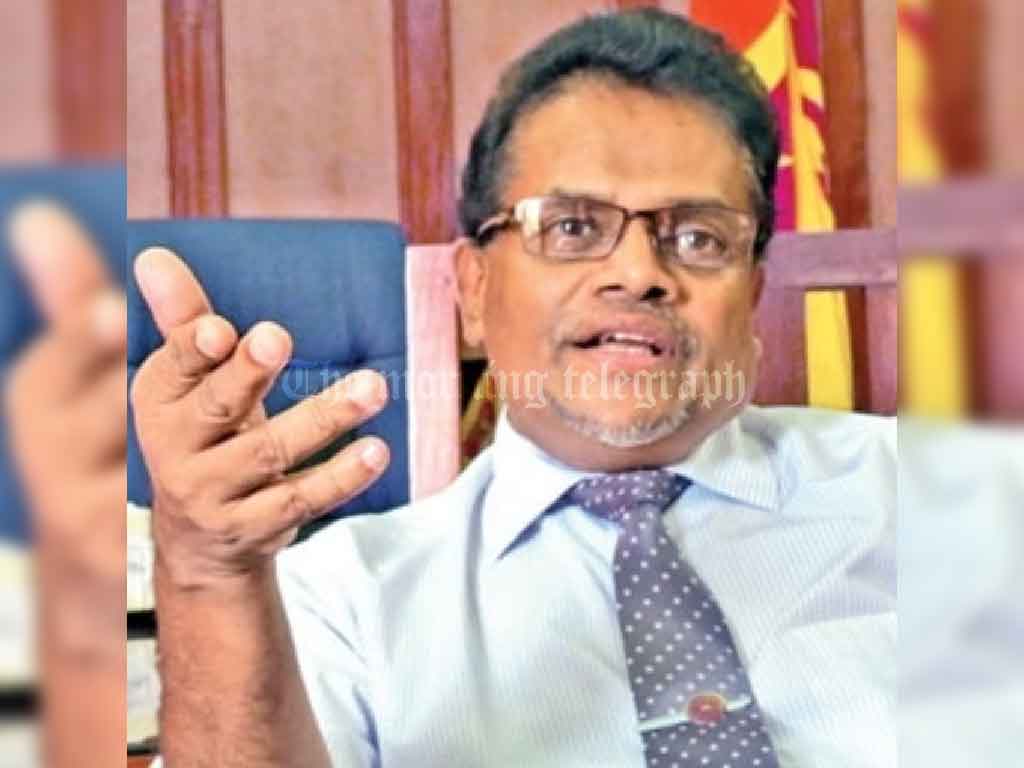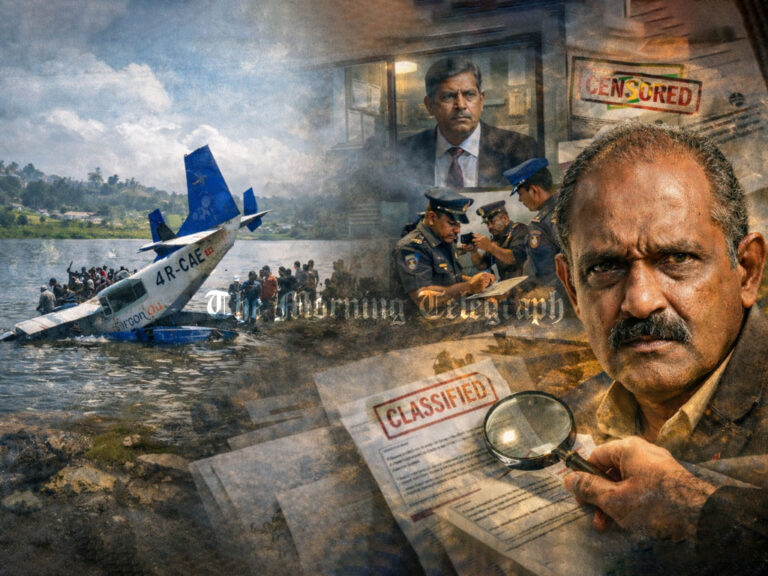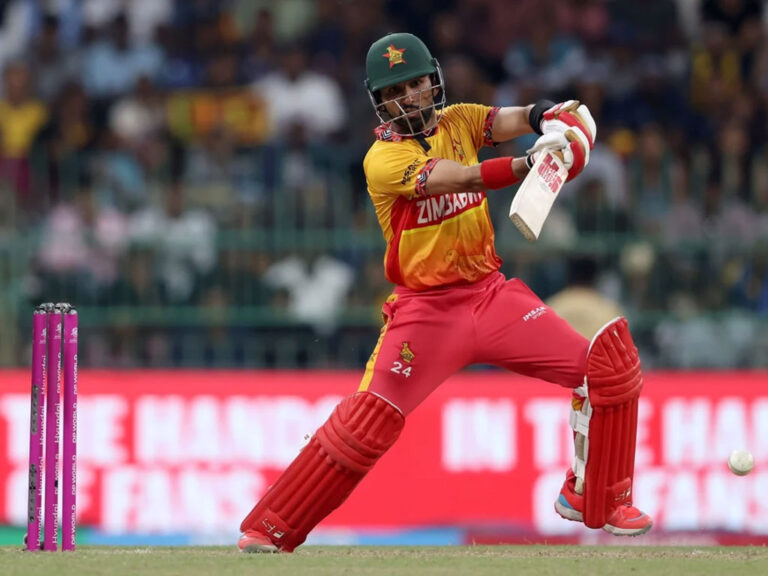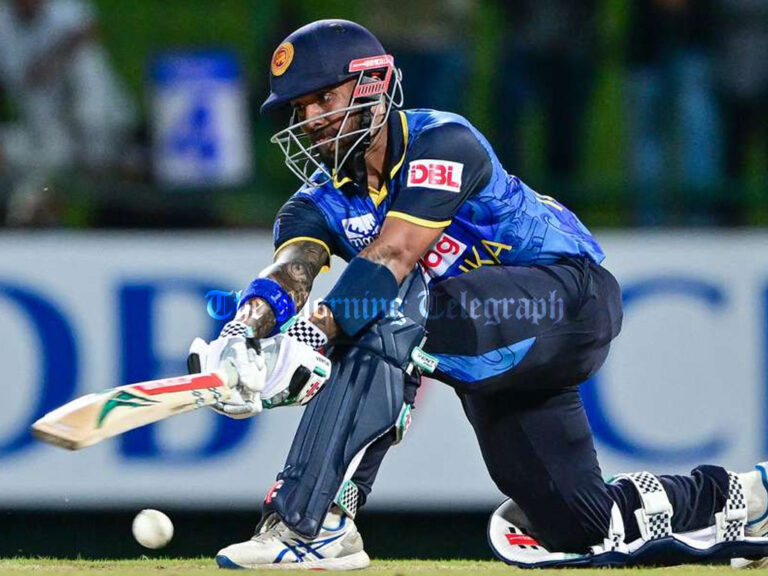
Veyangoda, Sri Lanka – In a strong critique of recent treasure hunts and state-sponsored excavation projects, Professor Athula Senaratne, an emeritus professor of geology at the University of Peradeniya, has dismissed the idea of state involvement in treasure hunting, particularly in the Wandurata area of Veyangoda. According to Professor Senaratne, the pursuit of treasures based on myths and unscientific methods is not only impractical but also a waste of public resources.
Professor Senaratne, who boasts over 40 years of experience in geology, pointed out that there is no geological or technological basis for claims of buried treasures at great depths. “There is no technology that allows for the placing of treasures 40 to 50 feet underground, let alone boiling or gluing stones to conceal them,” he said, adding that such practices are beyond the capabilities of modern geology.
His comments were made in response to questions about the ongoing treasure hunt at the Wandurawa site, located near the Raja Maha Viharaya in Veyangoda, which has sparked significant public interest. The site, situated within the reserve area for the construction of the Central Expressway, has been the focus of an excavation ordered by the court. Excavations began after claims surfaced of hidden treasures, reportedly tied to the area’s historical and religious significance.
Professor Senaratne, however, expressed disbelief at the idea that a seasoned geologist could support or participate in such ventures. “I have always advised people to refrain from chasing after these myths. There is no basis for these claims in scientific research, and I see no reason for state support for such endeavors,” he said.
The excavation at the Wandurawa site, which began under the direction of the Attanagalla Magistrate’s Court, involved digging up several blocks from the site. Despite efforts over three days, no foreign objects or valuable artifacts were found. The excavation, which included the use of drilling machines to break down the blocks, yielded only soil and rock.
The land in question, originally a paddy field, is part of the area earmarked for the Central Expressway project. The excavation was part of a court-ordered investigation to explore claims of hidden treasures, but no substantial evidence has emerged to support the rumors. Police and relevant authorities involved in the investigation are now preparing to submit a final report to the Attanagalla Magistrate’s Court.
The involvement of the legal system highlights concerns over the legitimacy of treasure hunting claims and the potential for exploitation of religious and historical sites. The investigation, which has already consumed significant time and resources, serves as a cautionary tale about the risks of investing in treasure hunts based on folklore and unverified reports.
Professor Senaratne also noted that such pursuits can sometimes lead to the exploitation of vulnerable people who are convinced by the allure of hidden riches. “Some individuals in Sri Lanka take advantage of others’ beliefs, deceiving them into believing that treasure exists in these places,” he remarked.
This recent episode, he concluded, should serve as an eye-opener for anyone considering treasure hunting based on mythical or unscientific claims. The professor stressed the importance of relying on evidence-based science and professional archaeological practices when exploring historical and cultural sites.
The final report from the authorities involved in the Wandurawa excavation will be submitted to the Attanagalla Magistrate’s Court on Tuesday, November 26, and further steps will be taken based on the findings.




